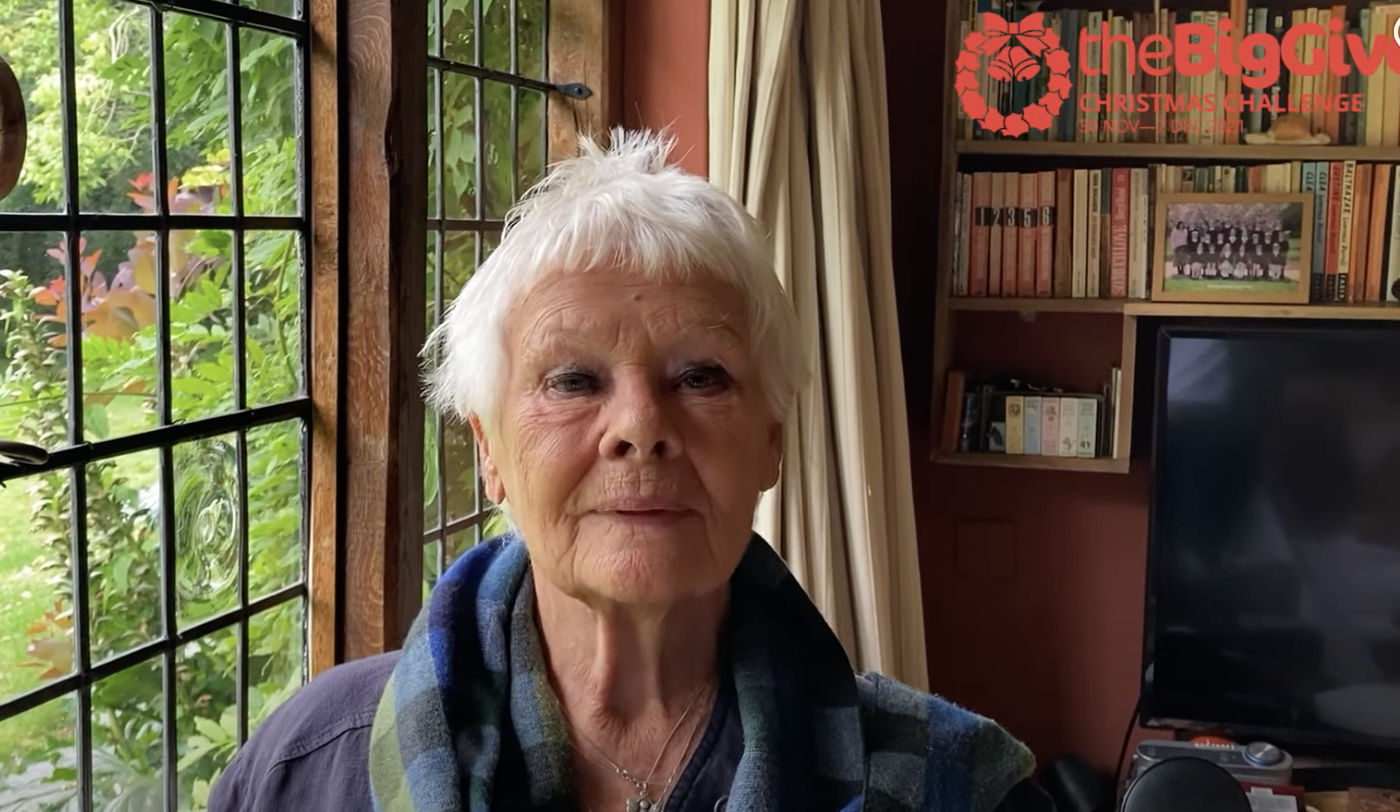Nearly half of millennials and generation X are considering leaving a legacy gift to charity in their will, research has found.
A survey of 500 people aged between 26 and 40, who are classified as millennials, and among those in generation X, who are aged between 41 and 55, found that 44% have thought about donating to a charity in their will.
It has also emerged that the majority of these two generations have yet to write a will, indicating these are two key age groups for charity legacy teams to target with promotion.
Only 30% of those in generation X and 13% of millennials have written a will.
Among people in the generation X age group just one in ten have chosen a charity they would like to leave a gift to. The proportion drops to just 3% among millennials.
“Traditionally, legacy marketing at many charities has focussed on older donors,” said Gail Cookson, legacy and international marketing director at creative agency WPNC, which carried out the research.
“They are more likely to have written a will and to be closely considering what will happen to their assets when they die.
But she added: “Since the pandemic, however, there has been a sharp rise in awareness among younger audiences about planning for the future and will-writing in particular.
“We see this as a major opportunity for charities to showcase their cause and build
relationships with Millennials and Gen X. Not only is this likely to increase the chance
of a legacy donation, it could also boost donor value across their lifetime.”
A key way for charities to attract legacy gifting from these generations is likely to be offering a free will writing survive. More than a third (37%) of millennials and just under a quarter (24%) of generation X said they would welcome this offer.
Cookson added: “The survey uncovered enthusiasm among younger donors to receive information about both legacy giving and will-writing services through a range of marketing channels.
However, she warned that 30% of these generations had never seen advertising around legacy giving.
“The most likely reason - particularly among Millennials – is that they are not currently targeted by legacy marketing. Charities must therefore consider different ways to target this audience,” she added.
Last month a survey by the consortium Remember A Charity found that one in five donors leave a gift to a good cause in their will.
Latest News
-
Youth homelessness charity forced to turn away young people due to demand surge
-
Funder offers charities ‘social change’ grants of up to £50,000 to boost training
-
Navy charity handed £368,500 to support submariners’ families
-
Former football charity chief to lead sports and culture charity
-
From comics to crockery: the best places for charity shop sales revealed
-
Three arrests made amid ‘large-scale theft' of charity clothes donations
Charity Times video Q&A: In conversation with Hilda Hayo, CEO of Dementia UK
Charity Times editor, Lauren Weymouth, is joined by Dementia UK CEO, Hilda Hayo to discuss why the charity receives such high workplace satisfaction results, what a positive working culture looks like and the importance of lived experience among staff. The pair talk about challenges facing the charity, the impact felt by the pandemic and how it's striving to overcome obstacles and continue to be a highly impactful organisation for anybody affected by dementia.
Charity Times Awards 2023
Mitigating risk and reducing claims

The cost-of-living crisis is impacting charities in a number of ways, including the risks they take. Endsleigh Insurance’s* senior risk management consultant Scott Crichton joins Charity Times to discuss the ramifications of prioritising certain types of risk over others, the financial implications risk can have if not managed properly, and tips for charities to help manage those risks.
* Coming soon… Howden, the new name for Endsleigh.
* Coming soon… Howden, the new name for Endsleigh.
Better Society

© 2021 Perspective Publishing Privacy & Cookies











Recent Stories